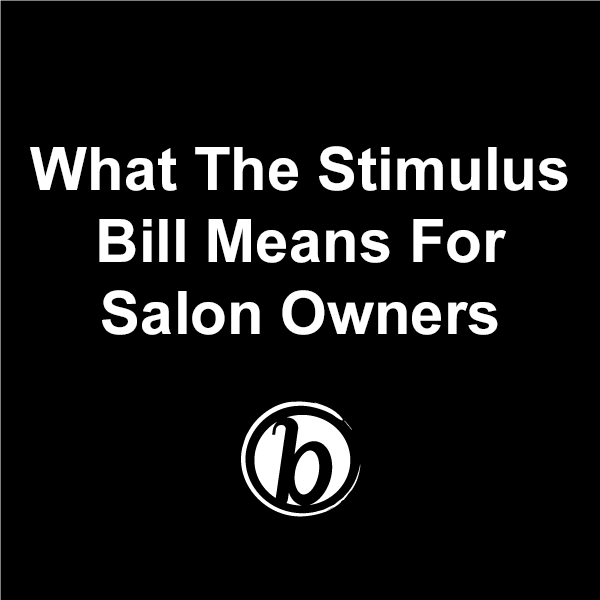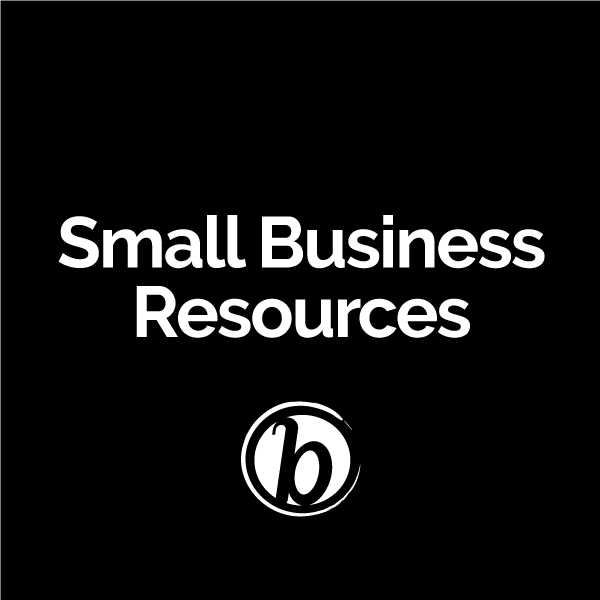Coronavirus: What The Stimulus Package Means For Salon Owners
Salon Owners: What the Stimulus Package Means For You!
With the federal government extending social distancing guidelines until April 30, financial stress is on everyone’s mind. To help cash-strapped small businesses, the recently-passed stimulus package has boosted small business loans and provided emergency grants. So what exactly does this mean for salon owners? Keep reading because we’re breaking it down for you!
Editor’s Note: As of Friday, June 5, 2020 new legislation was passed that brings beneficial changes to the existing Payroll Protection Program. Here are some important takeaways:
- Small business owners may now use 60% of PPP funds to keep employees on payroll. This is a decrease from the 75% threshold included in the previous bill.
- Employers now have six months to use funds for expenses. This is an increase from the previous two month deadline.
- The new bill also extends the pay-back deadline for PPP loans and also defers payroll taxes for businesses receiving PPP funds.
*On July 4, 2020 the Payroll Protection Program extended the application deadline until August 8, 2020. The previous deadline to submit an application was June 30, 2020.
Now Available In The BTC Shop: Masks & Face Shields! BEST PRICE On PPE—Click Here To Shop Today!
What is the CARES Act?
The Coronavirus Aid, Relief, and Economic Security Act or, the CARES Act, is an economic relief package meant to give financial assistance to individuals and small businesses impacted by the coronavirus pandemic.
For more information on the CARES Act click here.
If I’m the salon owner, can I still apply for unemployment?
Under the CARES Act, self-employed, freelance and “gig” workers are eligible to apply for unemployment under the Pandemic Unemployed Assistance Program. Unemployment cases are still handled by state, so we recommend checking with your state unemployment agency and website for information.
What is the emergency grant?
Small businesses can apply directly to the Small Business Administration for an emergency economic grant up to $10,000. This grant does not need to be paid back and can be used for mortgage, payroll expenses or any other debts.
What is a SBA-backed loan?
The SBA-backed loan program, known as The Payroll Protection Program, is a loan that is guaranteed by the Small Business Administration. The Payroll Protection Program provides small businesses with short-term forgiveness loans for up to $10 million dollars. Here’s what you need to know:
- Small businesses can apply for SBA-backed loans directly from their banks or credit unions.
- Loan applicants do not need to provide collateral to apply.
- There are no fees and loan interest rates are capped at 4%.
- Amounts used for payroll expenses (up to 8 weeks) are eligible for loan forgiveness.
- A payroll tax credit worth up to $10,000 for every employee that is still receiving wages and/or health benefits.
- If you have an existing SBA loan, the SBA will work with you to cover payments, interest and fees. Contact your financial lender to discuss your best options.
Who can apply for these loans?
According to the U.S. Treasury website, all businesses including:
- Small businesses with 500 employees or less.
- Sole Proprietorships
- Self-employed individuals
- Independent contractors
Where can I apply for these loans?
According to the SBA, you can apply through any SBA-approved lender. However, the SBA does recommend that you apply for the loan through your personal bank, if possible.
I heard these loans are forgiven, is that true?
Loan amounts that are used for certain expenses, within the first 8 weeks that the funds are distributed, are eligible to be forgiven. These expenses include:
- Payroll Costs
- Rent or mortgage payments
- Utility Costs
How much can I borrow with the loan?
Loans can be used for up to two months worth of average payroll expenses plus an additional 25% of that amount.
- Loans will be capped at $10 million.
- Payroll costs will be capped at $100,000/ annually per employee.
When do I have to pay this loan back?
Repayment for the SBA-loans will begin in 2 years without fees or penalties.
Click here for more information the SBA and coronavirus relief options.
Editor’s Note: We also recommend contacting your calling your credit card companies, utility providers, software companies and landlords to discuss deferment options for your bills. Remember, deferment means your bills will still accumulate, you can just pay them at a later date once your business is back and running.
Click here to check out more small business resources including extended federal tax deadlines.









